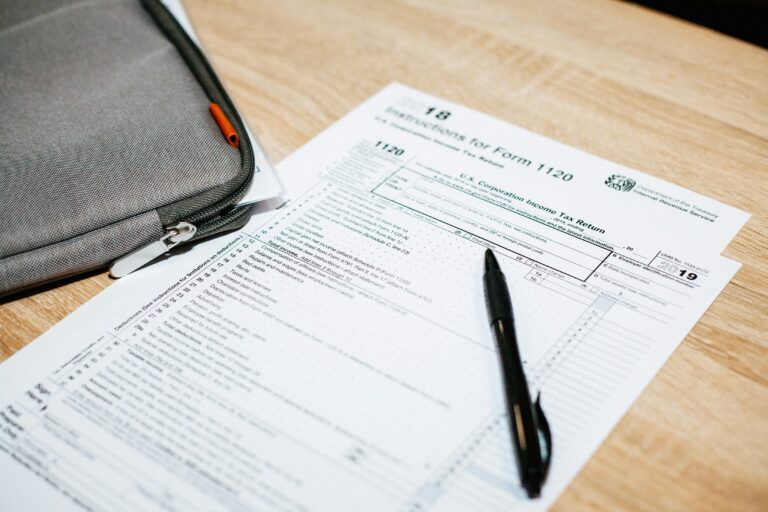
A fundamental principle of labour law under the Labour Code is an employee’s right to annual holiday leave. It is important to note that under the Labour Code, an employee may not waive his or her right to leave in any way.
Length of holiday leave
The employee is entitled to annual uninterrupted paid leave.
The length of the leave shall be:
- 20 days – if the employee has been employed for less than 10 years;
- 26 days – if the employee is employed for at least 10 years.
Periods of previous employment shall be included in the period of employment on which the entitlement to leave and the amount of leave depends, regardless of interruptions in employment and the manner in which the employment relationship is terminated.
Periods of study are also included in the period of service on which the length of leave depends. According to the Labour Code, by virtue of graduation:
- basic vocational school or other equivalent vocational school, the duration of study provided for in the curriculum, but not more than 3 years,
- secondary vocational school – the duration of study provided for in the curriculum, but not more than 5 years,,
- secondary vocational school for graduates of basic (equivalent) vocational schools – 5 years,
- general secondary school – 4 years,
- post-secondary school – 6 years,
- higher education – 8 years.
Where a employee has received education during employment, the period of service on which the length of leave is based shall include either the period of employment during which the education was received or the period of education, whichever is more favourable to the employee.
An employee taking up employment for the first time, in the calendar year in which he or she has taken up employment, acquires the right to leave at the end of each month of service, at the rate of 1/12th of the leave to which he or she is entitled after having worked for a year.
The employee’s entitlement to further leave accrues in each subsequent calendar year.
Obligation to grant leave
It is the employer’s duty to grant a holiday leave to an employee in the calendar year in which the employee has become entitled to it. The leave is granted by the employer, which means that without the employer’s consent, the employee cannot take a leave of absence.
Annual leave is granted on specific days. At the request of the employee, the holiday may be divided into parts. However, in such a case, at least one part of the holiday should last not less than 14 consecutive calendar days.
As a rule, leave should be granted in accordance with a leave plan. It is determined by the employer, taking into account the requests of the employees and the need to ensure the normal course of work. The holiday plan does not include the portion of “leave on request”. In this case, the employee shall request the holiday at the latest on the day the holiday is to be taken.
The employer does not set the holiday schedule if the company trade union organisation has agreed to it; this also applies to an employer where there is no company trade union organisation. In such cases, the employer shall determine the holiday after consultation with the employee.
Form of leave request
No provision of the Labour Code and the Employee Records Ordinance requires holiday cards or written holiday requests.
When analysing the legislation, it is important to note that the legislator has not imposed an obligation on the employer to prepare holiday documentation in paper form. Thus, the employer may allow electronic submission of holiday requests.
Deadline for granting leave
Holidays not taken within the period set in accordance with the leave plan must be granted to the employee by 30 September of the following calendar year at the latest.
During the period of notice of termination of the employment contract, the employee is obliged to take the leave to which he is entitled if the employer grants him leave during this period.
Holiday pay for annual leave
Employees are entitled to the remuneration they would have received had they worked during the holiday. Variable components of pay may be calculated on the basis of the average pay for the three months preceding the month in which the holiday commences; in cases of significant fluctuations in pay, this period may be extended to 12 months.
Holiday equivalent pay
In the event that all or part of the accrued leave is not taken due to the termination or expiry of the employment relationship, the employee is entitled to a holiday equivalent payment.
The employer shall not be obliged to pay a holiday equivalent in the event that the parties agree to use the leave while the employee remains in an employment relationship under a subsequent employment contract with the same employer immediately following the termination or expiry of the previous employment contract with that employer.
Leave after maternity leave
According to the Labour Code, at the request of the employee, the employer will grant her a leave of absence immediately after maternity leave. This also applies to a father raising a child or other member of his immediate family who takes maternity leave.
In such a case, it is the employer’s absolute obligation to grant the leave. The employer in such a situation is not in a position to refuse to grant leave to an employee who is returning to work, following the end of parental leave.





